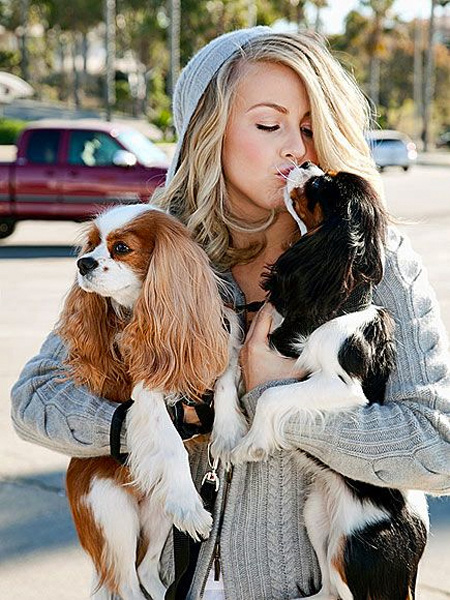
Don’t leave them wondering
by Cheryl Thompson with supplemental information and examples from Stephanie J. Grogan, Esq.
One of my favorite musicians died a while back. I had followed Leon Russell for years—I loved his music, yes, but I also loved his adorable Maltese dog that appeared on many of his album covers. When I heard the news that Leon had suffered a fatal heart attack, one of my first thoughts, after the shock, was, I wonder what happened to his dog. I wonder who is taking care of it.
The harsh reality is that far too many pet owners don’t plan for emergencies and as a result, some of these pets end up in shelters or even worse, have to be euthanized.

There are steps we all can take to make sure our own animals are never in any of these situations.
BASIC, NO BRAINERS

Because life is full of unknown twists and turns, everyone should have some sort of plan for pet care. Here are a few small things that can easily be put in place.
1. Make an agreement, verbal or written, with a family member or friend. Ask this person if he will take care of your pet in any emergency situation. This could be anything from being stuck in an airport and not being able to get home or having an accident and being in an ER. Just make sure this contact is willing and able to take over for you.
2. Have a pet emergency card in your wallet or on your keychain in the case of an accident. This will alert EMTs and hospitals that you have a pet at home. You can find these online or even make one yourself. Make sure to include your name, your pet’s name, and your emergency contact information. If you’re more tech savvy, you can include this information on your smartphone’s health app.
3. Complete a comprehensive form with details about your pet’s life. This should include personality traits, favorites, and dietary needs, medications, and contact information for your veterinarian. This type of form has multiple uses—it can be given to pet sitters and daycare/boarding facilities as well as family members and emergency contacts. A sample of this and other useful forms is linked to here: Useful Forms/Documents

INTERMEDIATE STEPS
Of course, not every situation is the same. You may not have a trusted family member or friend to take over in your absence, or you might want to be more specific about the care your pet receives. Here are some additions you can make.
4. If you don’t already have a Power of Attorney, you might want to look into getting one. This legal document allows you to appoint someone to manage your affairs if you aren’t able to. There are different types of POAs, and your attorney will help you decide what is best for your situation. By all means, have your attorney add a provision for your pet!
5. If you already have a Power of Attorney, you can always have your attorney add something for your pet in the existing documents. Or, you can make your own separate document. If you do, it will need to be signed and witnessed according to your state law. A sample of this and other useful documents is linked to here: Useful Forms/Documents

WHEN THINGS ARE COMPLICATED
If your family situation is complicated with family and financial issues, then you definitely want to have an attorney involved in planning your estate and creating your will and/or trust.

6. A will is a legal document expressing your wishes for how your property should be distributed upon your death. A Power of Attorney is only valid while you are alive. In order to ensure your pet is protected if you die before your pet, you can have an attorney include your pet in your will. Again, every situation is different, and your attorney will lead you through this process, but some things to consider including are 1) the name of who will take your pet. 2) a specific amount of money to be used solely for the pet’s care. 3) or maybe you want your pet to go to a specific rescue group. You would specify that in your will along with a monetary donation amount if that is your choice. Wills and trusts can be complicated, and you can’t plan for everything, but including your pet in your will is an important step.

Ultimately, you are the only one who knows what works best for you as you plan for your pet’s care in your absence. The most important thing is to have a plan. Don’t leave your friends wondering what happened to your pet and don’t risk leaving your beloved pet in jeopardy.

Here is a link to some useful forms and documents from Stephanie J. Grogan, Esq. that you can view, as well as print out: Useful Forms/Documents
